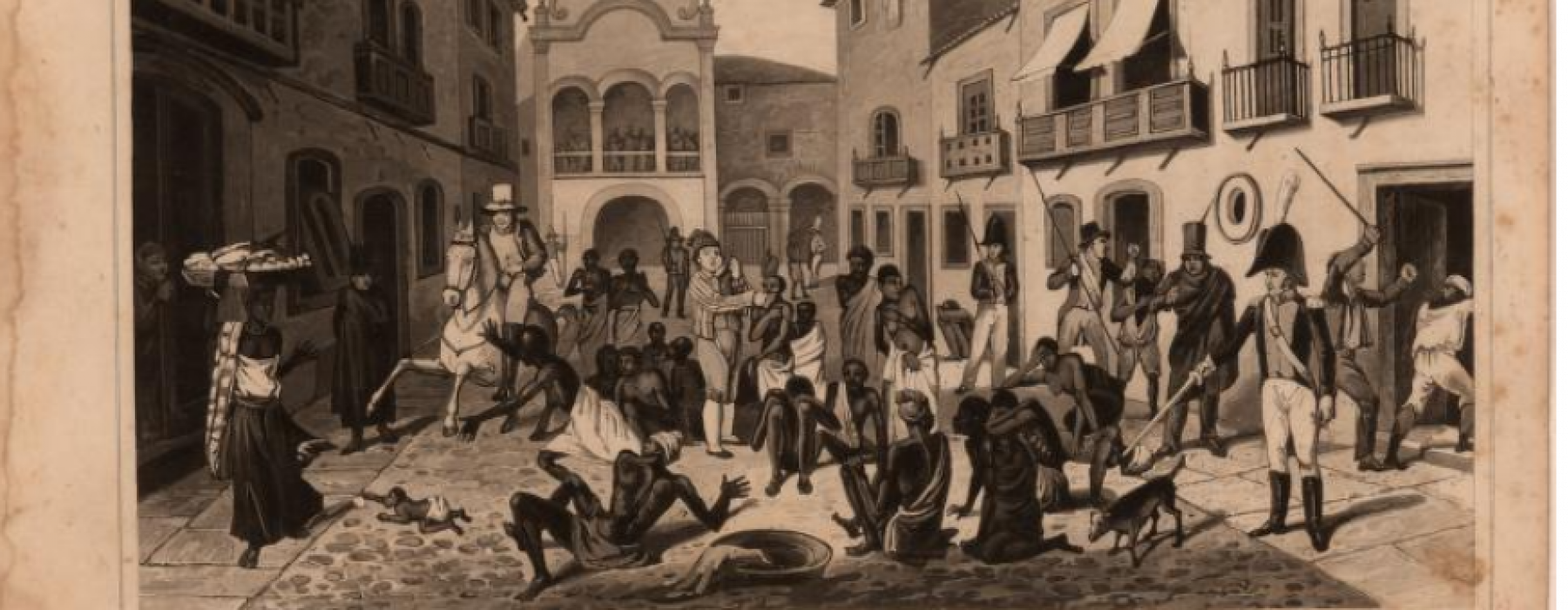
Over the last decade or so there has been an explosion of historical scholarship on the relationship between race, slavery and the emergence of capitalism in the Atlantic World. Some of the most noticeable works in this field have focused on single commodities. There has also been a preoccupation with the business of slavery and its afterlives in contemporary capitalism.
One difficultly with all this remarkable body of work - even in addressing single commodities like cotton - is how it is often tethered to specific geographical nation states and boundaries. Thus, the literature on race, slavery and capitalism remains focused primarily on studying this relationship within the framework of modern nation states such as the USA, the UK, or the Netherlands, while eliding the complex state formations of the colonies and the ways in which there were profoundly deep interconnections between the emergence of the economies, state formations and the colonies. Critique aside, this new scholarship creates the basis for solid comparative work but it has not yet facilitated an integrative transnational and global understanding of the connections between race, slavery, colonialism and capitalism.
In this project we hope to tell a globally interconnected story of trafficking in human flesh, the business practices of the slave trade which transformed conceptions of trade from doux commerce to odieux commerce and slavery. We hope to tell a story about global financial arrangements; about the ways in which African enslaved labor transformed conventional categories of alienation and commodification. The project will raise issues about the character of capitalism - can it only rest on so called free labor, or does not capitalism require various forms of labor servitude? As well as, how does racial slavery and colonialism transform the conventional historical designations and periodization of capitalism – merchant, industrial and financial. The project will also seek to understand how material culture both shaped and was shaped by racial slavery and colonialism. It will pay attention to the various nodal moments, transformations and the ways in which slavery, colonialism and capitalism wrought a new world. Such a project might shift our conventional understandings on the emergence of capitalism and its characteristics.
The final seminar will focus on the key output of this project – an edited volume on Race, Slavery, Colonialism and Capitalism edited by the two conveners of the project: Pepijn Brandon (IISH) and Anthony Bogues (CSSJ).




